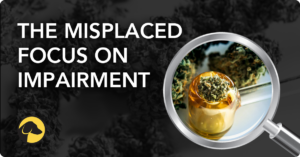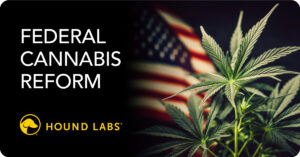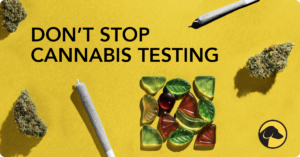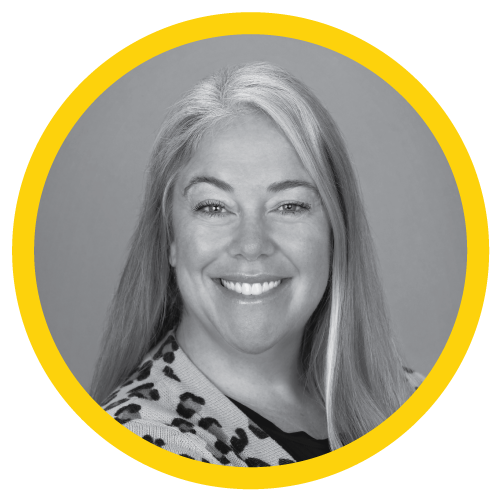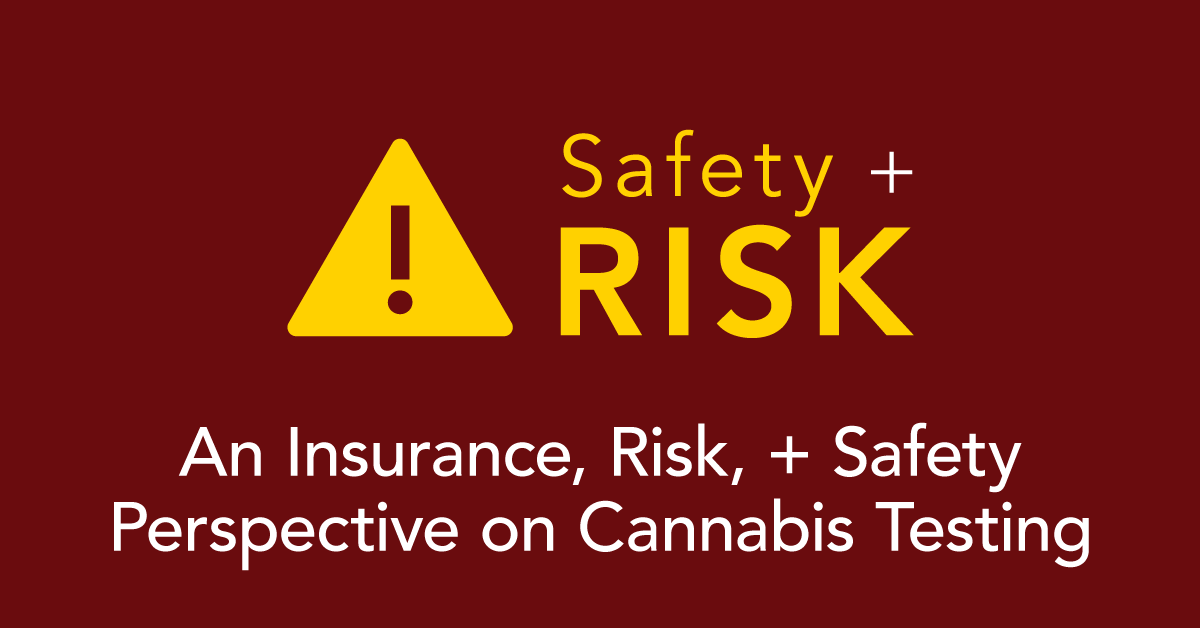
An Insurance, Risk, and Safety Perspective on Cannabis Testing
Jaime, welcome to Hound Labs. We are very excited to have you join the executive team because you bring your incredible experience not only as a former Vice President of Risk Control for Captive Resources, LLC (CRI) but also as safety manager for two Fortune® 500 companies.
Q: When we last spoke, you were working at CRI. What made you decide to join Hound Labs?
A: I have been following Hound Labs for a few years now and when the opportunity arose to join a company that I know will have a major impact on workplace safety, I knew I needed and had the ability to contribute to that legacy.
__
Q: Our last conversation focused on the impacts of cannabis legalization on employers. From your perspective, what are the biggest impacts of cannabis legalization on the insurance industry as whole?
A: The biggest impact is the unknown liability. When companies decide to remove cannabis from their drug panels, it leaves a gaping hole in their risk mitigation strategy. In addition, limiting testing to post-accident and reasonable suspicion does not adequately address the risk posed by cannabis. Testing in these two scenarios does not proactively address substance use while working. Waiting to test until after an accident or until someone notices an employee acting as though they might be impaired is reactive – creating the opportunity for safety issues and exposing companies to charges of negligence.
__
Q: In addition to working in the insurance industry, you also worked as a safety manager for Jewel-Osco and Sears. How has the legalization of cannabis impacted safety managers?
A: The legalization of cannabis has left safety managers with their heads spinning. Safety managers often use hazard identification, prevention, and control as well as training and other program evaluation and improvements to reduce the risk for workplace accidents. Drug screening plays a role in the hazard identification process and if they cannot test for cannabis, they are at a disadvantage. As a matter of fact, in some states, individual managers (in addition to the company) can be held liable for failing to maintain a safe work environment.
__
Q: Cannabis legalization also impacts employees. What do you think are the biggest impacts on employees in safety-sensitive roles or who work in safety-sensitive industries?
A: Employees should not have to worry that they could lose their career over something they may choose to legally do on their personal time. They also should not have to worry about their coworkers coming to work impaired. So there needs to be a balance, and that is where the HOUND® CANNABIS BREATHALYZER will play a leading role.
__
Q: You also have master’s degree in public health (MPH). How does that help inform your work in the insurance and safety industries?
A: Public health is all about protecting communities, at-risk communities. Taking lessons learned through my education and applying them to the insurance and safety industry was easy. It does not matter if you are preventing a disease or preventing a workplace accident, the principles are the same: identify risk factors and hazards, provide resources and education, create policies and procedures to remove or reduce the risk. Finally, always try to identify root cause of any problem and then make changes to try to prevent a repeat of the situation.
__
Q: You have a unique background – MPH, safety manger, risk control in the insurance industry – what insights has that given you with regards to cannabis legalization?
A: My unique background has exposed me to so many different people. I have learned that people choose to use cannabis products for many reasons. Understanding why someone may choose this legal behavior will help us create safer workplaces and communities. This means we all need to examine whether we hold outdated views of cannabis users based on movies or images that persisted prior to legalization. In the end, in addition to safety and risk mitigation, we need to focus on education so people make responsible choices and do not risk endangering themselves or others because of cannabis impairment.
__
Q: Could you leave us with a closing thought as we head into 2022?
A: As we wrap up 2021, companies should be planning to revisit their current drug testing policies if they want to attract and retain top talent.
As Bob Dylan wrote, “the times they are a-changin’,” and companies need to be prepared because cannabis is here to stay, and they need to change with the times.

December 9, 2021
By JENNY LYNN
Co-Founder
Share

